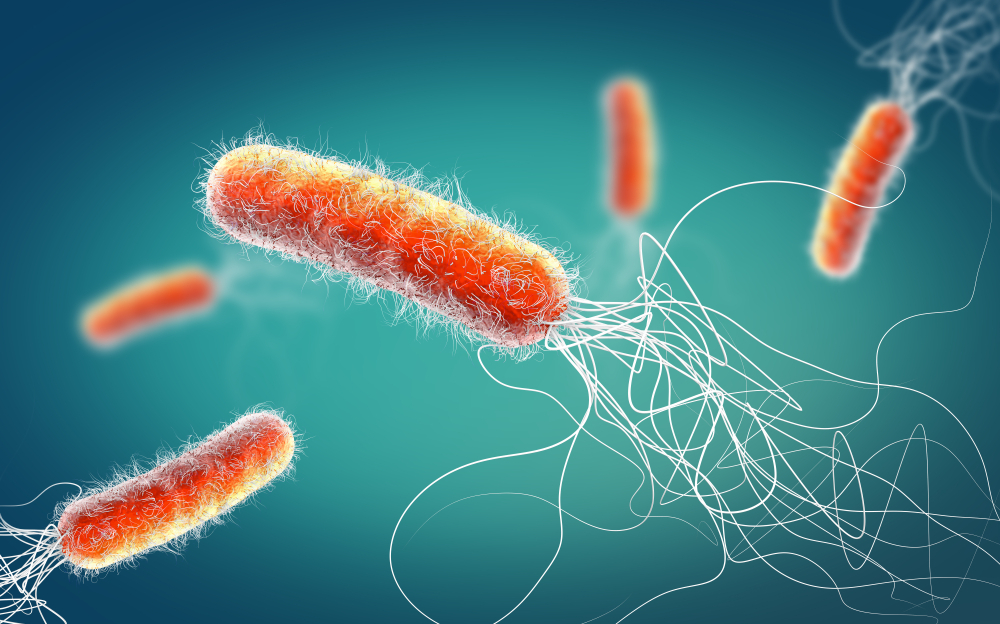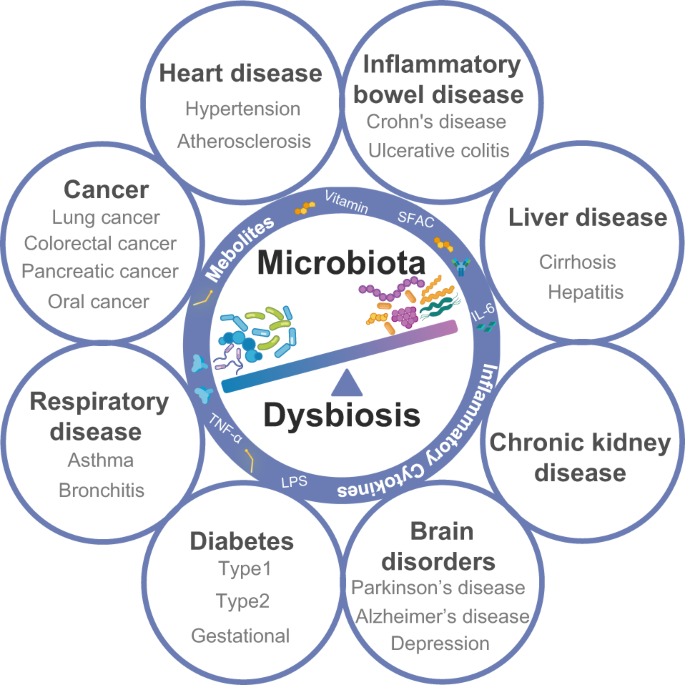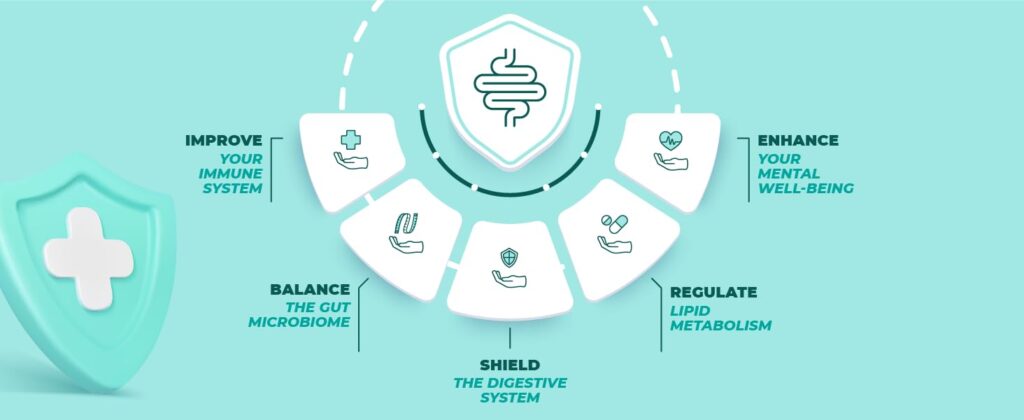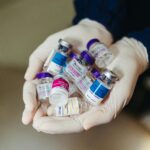If you’ve been struggling with IBS symptoms like bloating, diarrhea, abdominal pain, or gas—but no treatment seems to work—you may be dealing with a hidden bacterial overgrowth called Pseudomonas aeruginosa.

This opportunistic pathogen is rarely tested for in routine stool tests, yet it can play a major role in persistent IBS symptoms. Even worse, it is often resistant to antibiotics and forms protective biofilms, making it incredibly difficult to eliminate.
Let’s dive into how Pseudomonas impacts your gut health and what you can do about it.
What Is Pseudomonas Aeruginosa?
Pseudomonas aeruginosa is a pathogenic bacterium that can thrive in different parts of the body, including the digestive system.
Unlike beneficial gut bacteria, Pseudomonas is highly adaptable and resilient, often outcompeting good bacteria and disrupting the gut microbiome. This can lead to:
✔ Chronic digestive issues (IBS symptoms)
✔ Inflammation in the gut
✔ Imbalance of healthy gut bacteria
✔ Increased susceptibility to other infections

How Pseudomonas Triggers IBS Symptoms
Many IBS sufferers have been misdiagnosed or left without answers because Pseudomonas is not routinely tested in standard stool tests.
However, when present in the gut, Pseudomonas can cause or worsen IBS symptoms, including:
🚨 Severe bloating and gas – Due to its ability to ferment food in the gut.
🚨 Chronic diarrhea – As it disrupts the normal balance of gut bacteria.
🚨 Abdominal pain and cramping – Linked to increased gut inflammation.
🚨 Persistent IBS flare-ups – Because it forms protective biofilms that make it resistant to treatment.

Why Pseudomonas Is So Hard to Treat
Unlike other gut bacteria, Pseudomonas aeruginosa is highly resistant to antibiotics. Even if your doctor prescribes an antibiotic, it may not kill Pseudomonas completely—or worse, it may wipe out your beneficial gut bacteria while allowing Pseudomonas to thrive.
Additionally, Pseudomonas forms biofilms—protective layers that shield it from antibiotics and immune system attacks.
🔬 What are biofilms?
Think of biofilms as a slimy coating that bacteria create to protect themselves. These films make Pseudomonas extremely difficult to eliminate, leading to recurring IBS symptoms even after treatment.n will determine its balance. An unbalanced design generates tension, which may be the goal in many design projects, but for web apps that demand repeated comfortable use, tension is not a desirable trait.
How to Effectively Address Pseudomonas Overgrowth
If traditional IBS treatments haven’t worked for you, it’s time to take a different approach.
✅ 1. Get Proper Testing for Pseudomonas
Since standard stool tests often miss Pseudomonas, you’ll need advanced stool DNA testing to detect it.
✅ 2. Use a Multi-Step Treatment Approach
Because of biofilm protection and antibiotic resistance, treating Pseudomonas requires a strategic approach, including:
✔ Biofilm Disruptors – To break down bacterial protection.
✔ Targeted Antimicrobials – To eliminate harmful bacteria without wiping out good gut flora.
✔ Restoring Beneficial Bacteria – To rebalance the gut microbiome.
✅ 3. Restore Gut Health with Spore-Forming Probiotics
A powerful way to fight Pseudomonas and prevent IBS symptoms from returning is to strengthen the gut microbiome with the right probiotics.
Why Liquid Spore Probiotic – GutShields Is a Game-Changer for IBS Sufferers

Unlike traditional probiotics, which are often destroyed by stomach acid before reaching the intestines, Liquid Spore Probiotic – GutShields is formulated with spore-forming probiotics that:
✔ Survive stomach acid and reach the intestines fully active
✔ Help restore gut balance by outcompeting harmful bacteria
✔ Break down biofilms that protect Pseudomonas and other pathogens
✔ Support digestion, reduce bloating, and promote regular bowel movements
By targeting gut imbalances and restoring healthy bacteria, GutShields offers a new solution for IBS sufferers dealing with Pseudomonas overgrowth.
Final Thoughts – Get to the Root Cause of Your IBS
If you’ve been struggling with IBS for years and nothing has worked, it may be time to check for Pseudomonas. Ignoring it will only lead to more symptoms and ongoing frustration.
🔹 Stop guessing. Start healing.
👉 Try GutShields today and take back control of your gut health!






